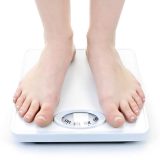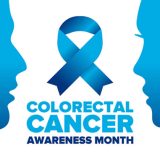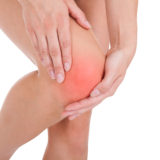

Exercise has been linked to weight loss, and most of us recognize the importance of getting regular exercise as part of maintaining a healthy weight. One reason exercise is such an integral part of losing weight is that it aids your body in managing blood sugars, which is a significant part of managing weight and can positively impact conditions like diabetes, as well by balancing insulin levels.
But exercise does so much more than that.
6 More Rewards of Exercising Regularly
- Bone Health: Exercise aids in building strength, coordination and balance – all of which helps to prevent falls and the fractures that happen with bones as you age. Exercise, especially weight bearing exercise, also helps you build stronger bones, preventing osteoporosis as you age.
- Lower Blood Pressure: Regular moderate exercise can help to lower blood pressure and helps strengthen your heart – which is a muscle after all!
- Lung Function: Regular aerobic exercise has been shown to improve lung function over time, which improves oxygen levels and improves muscle condition, reducing muscle fatigue. Chronic shortness of breath can also be exhausting, and reducing this problem can greatly improve your quality of life.
- Control Fats: Exercise on a regular basis can lower triglycerides (a type of fat in the blood) and can raise HDL, or “good” cholesterol.
- Depression and Anxiety: Exercise has been shown to improve life satisfaction, mental ability (cognitive function) and improve your overall psychological state. Not only have studies demonstrated time and time again that exercise helps reduce the symptoms of stress, depression and anxiety, a lack of exercise has also been connected to an increase of the symptoms of stress, depression and anxiety along with other psychological disorders. So get moving; you will feel better!
- Mobility: Being mobile is critical to being able to perform the basic activities of daily living; bathing, dressing, and preparing food. Being able to get out to socialize, for shopping and even to participate in physical activities with others is also of significant importance in maintaining independent living in the elderly.
Getting regular exercise is a great way to lose weight, improve blood sugar and fat levels, improve bone health, and lower blood pressure – all while reducing symptoms of depression and anxiety, and improving mobility.




